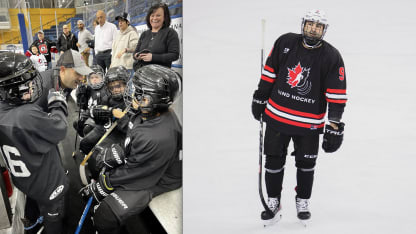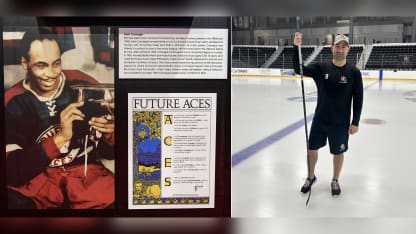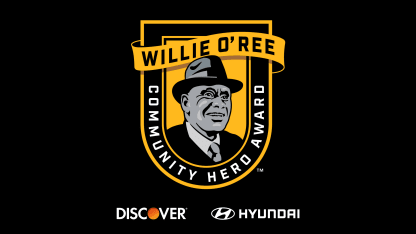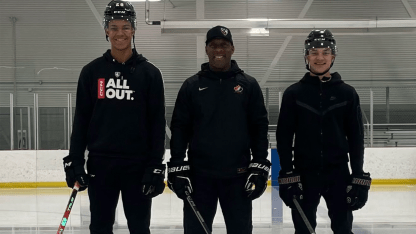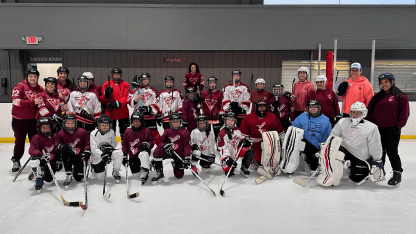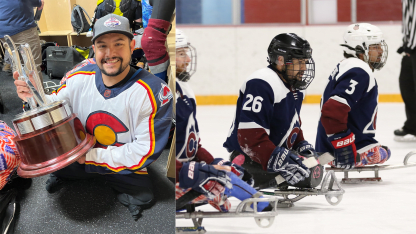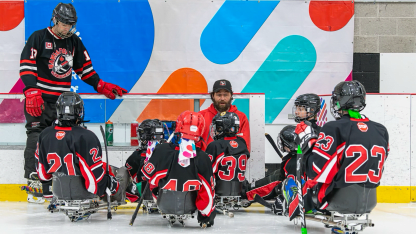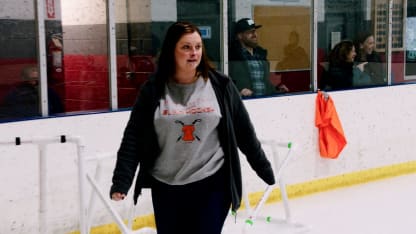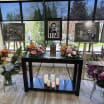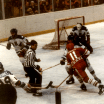The Willie O'Ree Community Hero Award presented by Hyundai is given to an individual who, through hockey, has positively impacted his or her community culture or society. The award honors O'Ree, the former NHL forward who became the first Black player to play in the NHL on Jan. 18, 1958, and has spent more than two decades as the NHL's diversity ambassador. After a public voting period and votes from O'Ree, NHL executives and Hyundai executives, the winner will be announced in June. There will be a winner from the United States and one from Canada. Today, a look at one of three Canada finalists, Mark DeMontis.
It was when Mark DeMontis' eyesight was failing him in his late teens that he would start to see his future very clearly.
DeMontis, now 37, began directing the challenge of his diminished sight into powerful words and trailblazing deed. His energy and commitment have opened the door to thousands of blind and partially sighted children who thought that they'd never experience the joy of hockey.
Founder of Canadian Blind Hockey and a member of the Canadian National Blind Hockey team, DeMontis has volunteered countless hours to raising awareness of and support for the game for those who are blind or visually impaired.
Working on and off the ice, he has brought joy to children and their families through adapted hockey. To this day, his efforts are focused on broadening a recreational base that might eventually bring blind hockey to the Paralympic Games and create a world championship.
"The most gratifying thing has been seeing the impact, first-hand, especially with youngsters and their families," DeMontis said of his pioneering work. "It's always been a goal of mine to show blind or partially sighted youth across the country, and around the world for that matter, that blind hockey not only existed, but that they could participate despite their disability.
